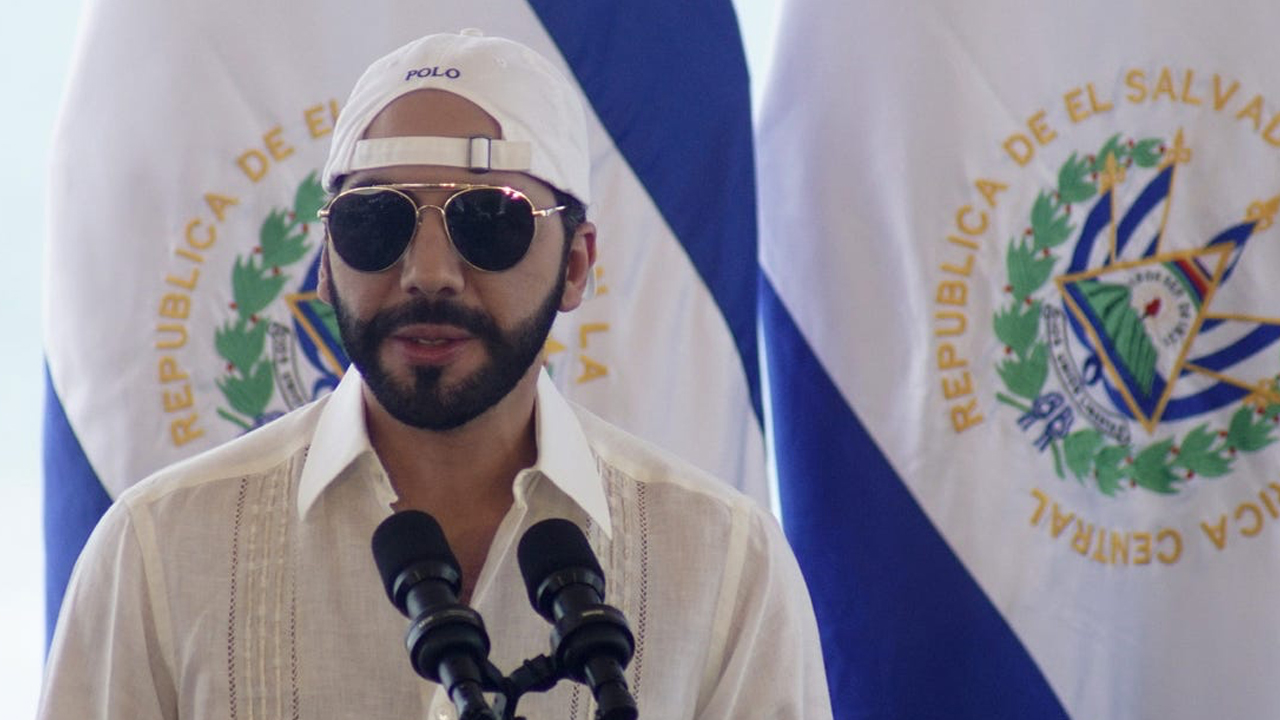After Salvadoran President Nayib Bukele revealed that the country would buy a single bitcoin every day, a report published by Torres Legal details that the government of El Salvador has created a national bitcoin office (ONBTC). The report says the entity was created via Decree No. 49, which was signed by Bukele and El Salvador’s tourism and economy ministers.
Salvadoran National Bitcoin Office Created With “Functional and Technical Autonomy Within the Presidency of the Republic”
On November 25th, a Linkedin post published by Torres Legal explains that the government of El Salvador has created a National Bitcoin Office (ONBTC). The new office is meant to manage “all projects related to the cryptocurrency,” and it was established in Decree No. 49 by Salvadoran President Nayib Bukele. Decree No. 49 published in El Salvador’s official gazette is summarized in Article Two, Torres explains.
“Article [two] defines the objective of ONBTC which will be to design, diagnose, plan, program, coordinate, follow up, measure, analyze and evaluate plans, programs and projects related to Bitcoin for the economic development of the country,” the post published by Torres notes. “It will also be able to cooperate with other countries when necessary, in matters related to [Bitcoin].”
The creation of ONBTC follows Bukele explaining that his country would buy one bitcoin every single day. At the time, El Salvador’s bitcoin stash was around 2,381 BTC, and nine days have passed since Bukele’s announcement, meaning the country has gained nine more bitcoins. Torres says Bukele will be responsible for appointing the ONBTC director and bitcoin supporter, RT personality and Max Keiser’s wife Stacy Herbert will be involved.
“Honored to be involved in setting up the Bitcoin office for President Bukele,” Herbert tweeted 25 November. In addition, ONBTC has a Twitter account called @bitcoinofficesv, and the same day the office said a report would soon be published. “The [National Bitcoin Office] will soon publish our first report,” ONBTC tweeted. “The topic will be about the topic [bitcoin mining] in El Salvador.”
The National Bitcoin Office news also follows the country’s Minister of Economy, Maria Luisa Hayem Brevé, sending a bill on the issuance of digital assets to the Salvadoran Assembly of Government Officials. Reports suggest that the digital asset bill will help bolster the planned issuance of bitcoin bonds that have been plagued with controversy.
The idea of Salvadoran bitcoin bonds has been delayed, and reports further note that the bonds could be issued by the state-owned geothermal company La Geo. The ONBTC news reported by Torres notes that the office will manage all individuals seeking meetings with Bukele regarding bitcoin and blockchain topics.
“The new agency will function as a specialized administrative unit, with functional and technical autonomy within the Presidency of the Republic,” says Torres.
Tags in this story
bitcoin bonds, bitcoin el salvador, Bitcoin Office, bonds, BTC El Salvador, Decree No. 49, Digital Assets Issuance bill, El Salvador, El Salvador National Bitcoin Office, la geo, Maria Luisa Hayem Brevé, National Bitcoin Office, Nayib Bukele, ONBTC, Republic of Salvador, President Stacy Herbert
What do you think of El Salvador’s newly established national Bitcoin office? Let us know what you think about this topic in the comments section below.
Jamie Redman
Jamie Redman is the news editor at Bitcoin.com News and a financial technology journalist living in Florida. Redman has been an active member of the cryptocurrency community since 2011. He has a passion for Bitcoin, open source and decentralized applications. Since September 2015, Redman has written more than 6,000 articles for Bitcoin.com News about the disruptive protocols emerging today.
Image credit: Shutterstock, Pixabay, Wiki Commons
Disclaimer: This article is for informational purposes only. It is not a direct offer or solicitation of an offer to buy or sell, or an endorsement or recommendation of products, services or companies. Bitcoin.com does not provide investment, tax, legal or accounting advice. Neither the company nor the author is responsible, directly or indirectly, for any damage or loss caused or alleged to be caused by or in connection with the use of or reliance on content, goods or services mentioned in this article.



